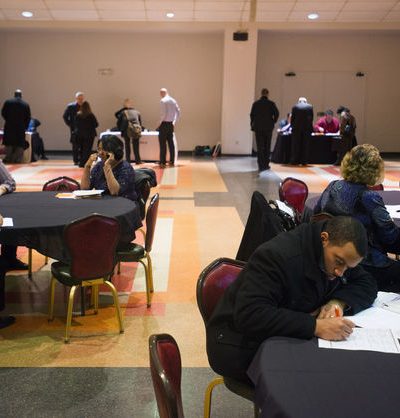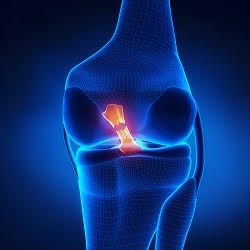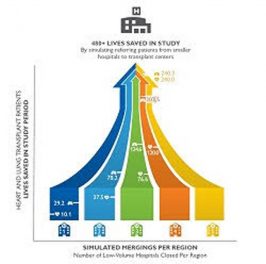February 18, 2014 – Increasing the U.S. minimum wage may lift about 900,000 Americans out of poverty while leading to as many as 1 million job losses, according to a report from the Congressional Budget Office.
The report is the second this month that injects the nonpartisan budget office into a political fight in Congress. Like the CBO’s Feb. 4 report on Obamacare, this one probably won’t bridge the divide, as leaders from each party said the report reinforced their position.
“With unemployment Americans’ top concern, our focus should be creating — not destroying — jobs for those who need them most,” said Brendan Buck, a spokesman for Republican House Speaker John Boehner, who opposes a minimum-age increase. Representative Chris Van Hollen, the top Democrat on the House Budget Committee, said the report “confirms that raising the minimum wage is in the best interest of our country.”
Increasing the minimum wage to $10.10 an hour, from the current $7.25, has been a top priority for President Barack Obama, who has said the widening gap between rich and poor is a “fundamental threat to the American dream.”
Jason Furman, chairman of the White House Council of Economic Advisers, today took issue with the CBO’s findings on how raising the wage would affect jobs, saying it doesn’t reflect the consensus view of economists.
Reflecting Consensus
Most studies say “the effects on employment of minimum- wage increases in the range now under consideration are likely to be small to nonexistent,” Furman wrote on the White House website. “CBO also agrees that the employment effect could be essentially zero, but their central estimates are not reflective of a consensus of the economics profession.”
Other parts of the CBO report support raising the minimum wage, including its conclusions that a higher wage would directly benefit 16.5 million workers and boost the economy by raising consumption, Furman and Council of Economic Advisers member Betsey Stevenson wrote on the website.
The leisure and hospitality sector would be the most affected by a higher minimum wage, according to a Bloomberg Industries analysis. About 51 percent of all minimum-wage workers were employed in this sector in 2012, and 70 percent of these workers were in regions where the average wage was higher than $10.10.
500,000 Jobs
The CBO report estimated that companies would shed about 500,000 jobs by late 2016 as businesses cut the higher costs from payrolls. The amount could be larger or smaller, it said, ranging from a “very slight reduction” to losses of about 1 million.
Companies, including Darden Restaurants Inc., which owns Red Lobster and Olive Garden, cite a potential minimum wage increase as a risk factor in filings with the U.S. Securities and Exchange Commission. Others, such as Costco Wholesale Corp., back the change, saying it would help reduce turnover and increase productivity.
“This report confirms what we’ve long known: while helping some, mandating higher wages has real costs, including fewer people working,” Buck said in an e-mailed statement.
The change would increase income by $5 billion for families who would fall below the poverty threshold under current law, CBO said. Their average family income would be boosted by about 3 percent, and about 900,000 people would be moved out of poverty, among about 45 million people who would be below that threshold, according to CBO.
A Jan. 8 poll by Quinnipiac University found that 71 percent of Americans, including 52 percent of Republicans, support a higher minimum wage.
“Raising the minimum wage would lift almost 1 million Americans out of poverty, increase the pay of low-income workers by $31 billion, and help build an economy that works for everyone,” House Minority Leader Nancy Pelosi, a California Democrat, said in a statement.








